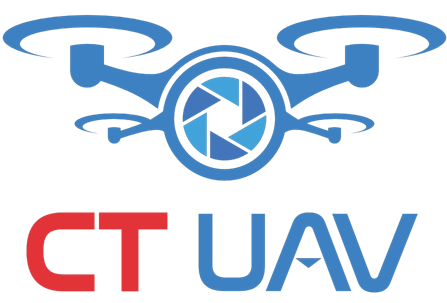(Hanoi, March 2025) – In response to the rapid expansion of drone applications across various industries, the Ministry of National Defense has proposed a new regulation requiring all unmanned aerial vehicles (UAVs, drones) to be registered and equipped with a barcode or QR code for monitoring purposes. This proposal is part of the Draft Decree on the management of unmanned aircraft and other aerial vehicles, aiming to enhance regulatory oversight of low-altitude airspace operations.
Registration Number and QR Code: The Digital Passport for Airborne Operations
According to the draft decree, each registered drone will receive a unique 12-character registration number managed by law enforcement agencies. This identifier comprises a regional code, an aircraft classification code, and a unique serial number.
For instance, the registration number 29KA123456 indicates that the drone is registered in a region designated by code 29, classified as an unmanned aerial vehicle (K), and assigned a distinct serial number.
Additionally, each UAV will be assigned a barcode or QR code embedded with comprehensive details regarding the owner and the aircraft. This code must be affixed to a visible and weather-resistant area on the drone’s body to facilitate identification and monitoring.
Registration Process and Requirements for Custom-Built Drones
To register a drone, owners must submit the following documents:
- A completed drone registration application form
- A high-resolution color photograph of the UAV (10×15 cm)
- An electronic identification account (Level 2) or a national identification card/passport (for individual applicants)
For self-assembled or custom-built drones, additional documentation is required, including a technical status certificate and proof of legal ownership of the components. If the UAV lacks a chassis or engine serial number, or if the identification markings are unreadable, the owner must obtain verification from customs authorities or an accredited manufacturing entity.
Strengthening Low-Altitude Airspace Surveillance
Currently, regulatory frameworks primarily govern drone operations through flight permit procedures, with limited provisions for systematic registration and tracking of UAVs. The newly proposed measures seek to enhance airspace security and mitigate risks associated with unauthorized drone activities or potential disruptions to public safety.
As stipulated under Article 29 of the Law on Civil Air Defense, all UAVs must be registered prior to deployment. The integration of QR and barcode identification systems will enable authorities to efficiently retrieve ownership data, facilitating comprehensive urban airspace management. This initiative is particularly crucial given the increasing utilization of drones in logistics, surveillance, and industrial applications.
If enacted, these regulations will establish a clearer legal framework for Vietnam’s drone industry, fostering a safer and more technologically advanced airspace management system.
Cre: vnexpress.net
